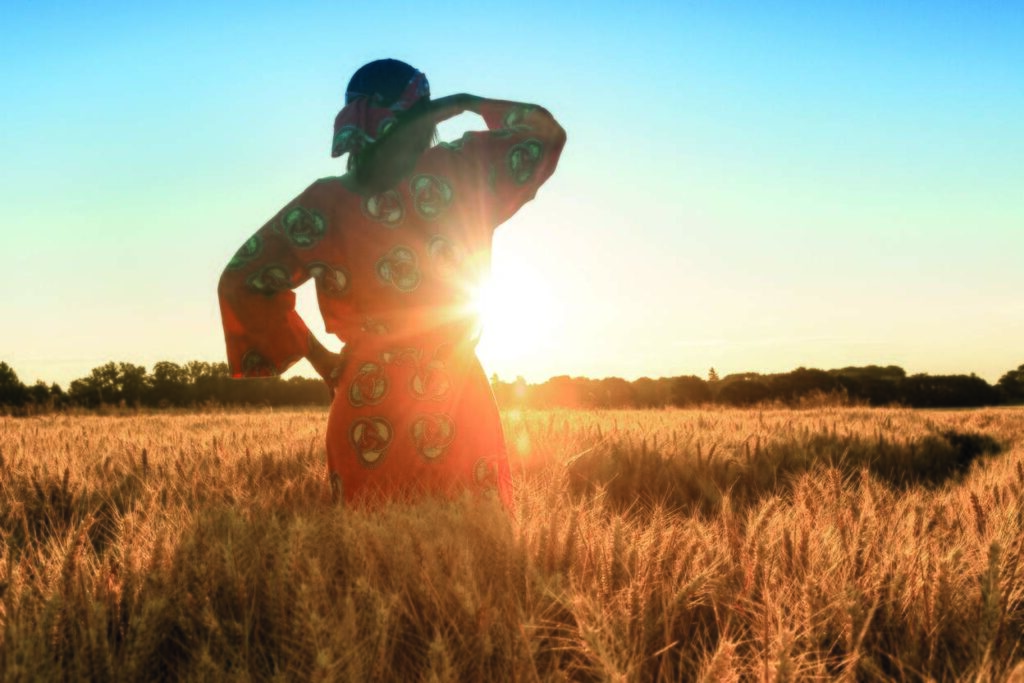· 2021 saw the company deliver a 36% reduction in greenhouse gas emissions linked to its operations
· 17.6 billion plant-based packages and 10.8 billion plant-based caps sold, equating to 96 kilo tonnes of CO2 saved compared to fossil-based plastic
· €40 million invested to advance carton collection and recycling
· Marked the industry’s first nature-based restoration project with the launch of The Araucaria Conservation Programme in Brazil
Today,Tetra Pak published its annual Sustainability Report, highlighting the company’s achievements and progress in the last year and detailing the actions to help realise resilient and sustainable food systems.
The sustainability challenges underscore the need for a radical new approach to the way we feed the world while minimising the impact on the planet. From how we source, produce and process our food, to its transportation, the materials we use to package it, and the critical role of collaborations in making it happen.
Adolfo Orive, President & CEO at Tetra Pak, said: “Sustainability is not just in the agenda. It is THE agenda. We must ‘walk the talk’ by maximising our positive impact on nature and society, by continuing to embed sustainability as a key business driver and decision-making criteria.
“Our ambition is to lead sustainability transformation within our industry and our initiatives in this regard have continued over the last 12 months, working together with our customers and partners to support their own efforts as well. The cost of inaction on sustainability today is a world we won’t recognise tomorrow. Our progress depends on being able to embrace a mindset which drives both growth and sustainability for a better future.”
Tetra Pak’s 23rd Sustainability Report highlights the company’s achievements and ongoing initiatives – to protect food, people and the planet. These include:
- Reduced operational GHG emissions by 36%, with 80% of energy coming from renewable sources, doubling the solar energy capacity to 5.55MW.
- Launched a pioneering land restoration initiative in Brazil, in collaboration with local NGO Apremavi in early 2022. The aim is to restore up to 7,000 hectares of land by 2030 for biodiversity recovery, carbon capture and climate change mitigation.
- Sold 17.6 billion plant-based packages and 10.8 billion plant-based caps in the past year, enabling the saving of 96 kilo tonnes of CO2, compared to fossil-based plastic.
- Invested €40 million to support the collection and recycling of 50 billion cartons, contributing to a circular economy.
- 61 million children in 41 countries received milk or other nutritious beverages in Tetra Pak packages through school feeding programmes.
- Successfully completed a commercial validation of a polymer-based barrier to replace the aluminium layer in aseptic cartons. Testing has started on a new fibre-based barrier – a first within food carton packages distributed under ambient conditions.
- Becoming the first carton packaging player in the food and beverage industry to launch a cap using attributed recycled polymers, in partnership with Elvir, a subsidiary of world leading milk processor Savencia Fromage & Dairy.
- Partnered with several innovative companies to transform potential food waste into sources of nutritious food, as well as developing alternative protein-based food applications. Along with the potential for a lower carbon footprint, alternative proteins offer scope for significantly reduced land and water use, compared with traditional sources.
- Committed to halve food waste, water consumption and carbon footprint of its best practice processing lines by 2030.
Adolfo concludes:“I recognise the long journey ahead and the step change needed by the industry. Collective action, innovation, new operating models and unconventional partnerships will be necessary to accelerate the current pace of change towards a more sustainable tomorrow.”
The full report can be found here.





